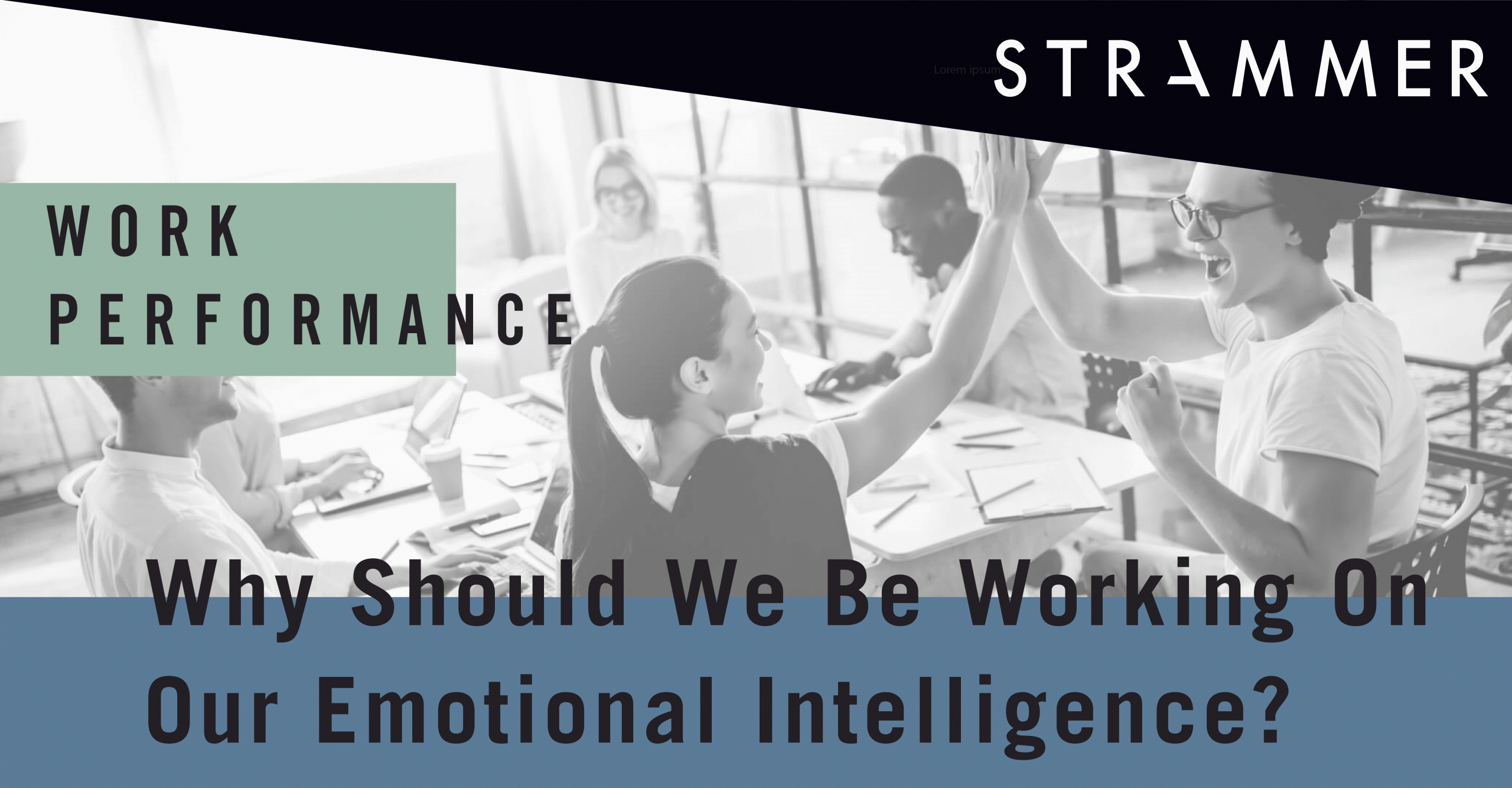The Importance of Emotional Intelligence at Work
Emotional intelligence (EI) is vital in every area of our lives, including in the workplace. When combined with empathy, EI can bring even more benefits. However, EI is more than empathy. It is the ability to identify, understand and manage our emotions and those of others. It basically connects our emotions and intelligence.
Our emotions can really influence the way we behave, react, make decisions, talk, etc. This is why Emotional Intelligence can really help us succeed and improve our performance at all levels. But how exactly?
First, it helps employees in managing their stress better as they know how to properly deal with their emotions. Workers with high levels of EI connect/interact easily and efficiently with the workforce. They have strong collaboration and communication skills. Also, according to a 2018 study published in the International Journal of Environmental Research and Public Health promoting EI interventions at work improves job satisfaction. Therefore, it is safe to say that it helps workers stay motivated and productive. This kind of intelligence is also a crucial feature of leaders and managers, as it enables them to manage the workforce more effectively and be understanding and empathic.
However, emotional intelligence is equally essential in the recruitment and promotion phase. Recruiters and managers must be able to identify this trait in candidates, as it is a way to make sure organisations are hiring the best talents.
All things considered, it is easy to understand how crucial it is to improve EI among workers. Thus, organisations, leaders and managers must work on strategies to promote it. For instance, by educating the workforce about its importance through feedback, coaching and/or training. However, we need to remember managers cannot change anyone’s personality, but they can help strengthen certain skills and abilities.
Although managers and organisations can help, they are not solely responsible for promoting emotional intelligence. Employees also need to work on it. They can do so by identifying their most positive and negative traits in order to improve and better manage their emotions/reactions. At work, it is important to focus on what we love and not on its negative things.
In addition, employees should respect others, practise active listening, learn when to speak, when to apologise and how to properly express their opinions. These are very valuable lessons that will surely strengthen our EI.
In fact, a 2017 study from Naturalhr showed that emotional intelligence improves work performance by 58%. Thus, we can realise how vital it is to promote these strategies. The World Economic Forum predicts that EI will be the 6th most important skill in the workplace by 2020.
References:
- The Importance of Emotional Intelligence in the Workplace, February 2019, Career Addict
- Emotional Intelligence At Work: Becoming The Leader Of The Future, October 2019, Forbes
- Utilizing Emotional Intelligence in the Workplace, August 2019, verywellmind
- How to Improve Emotional Intelligence in the Workplace, August 2019, PositivePsychology.com





